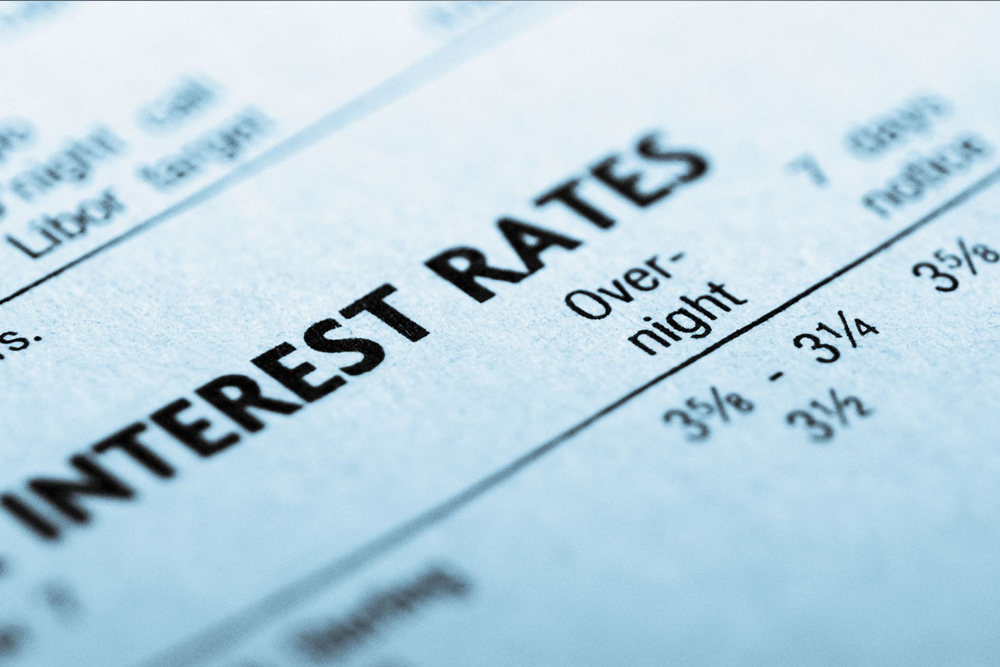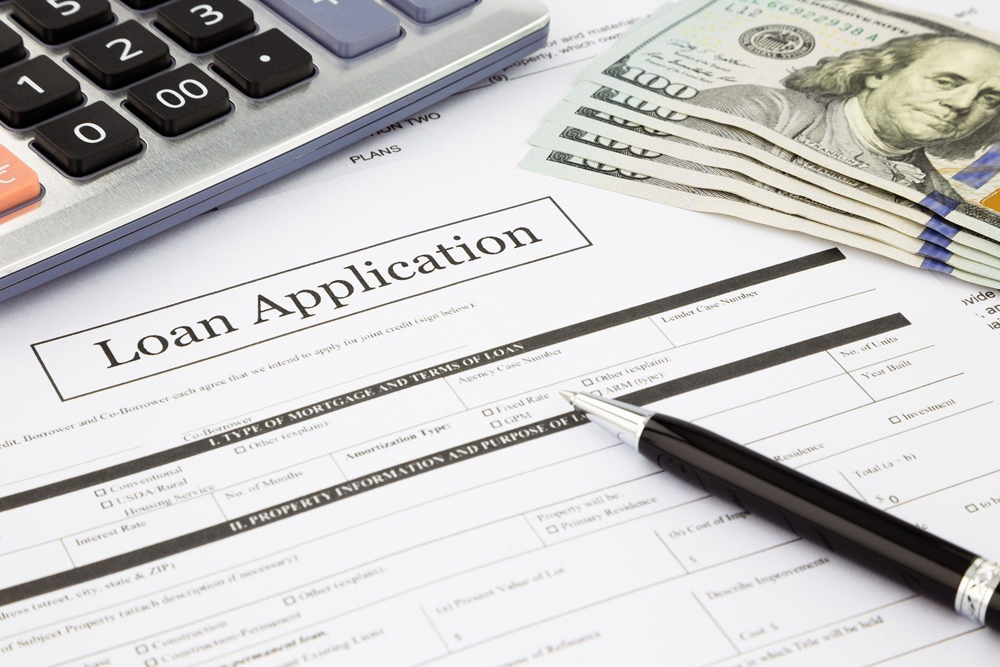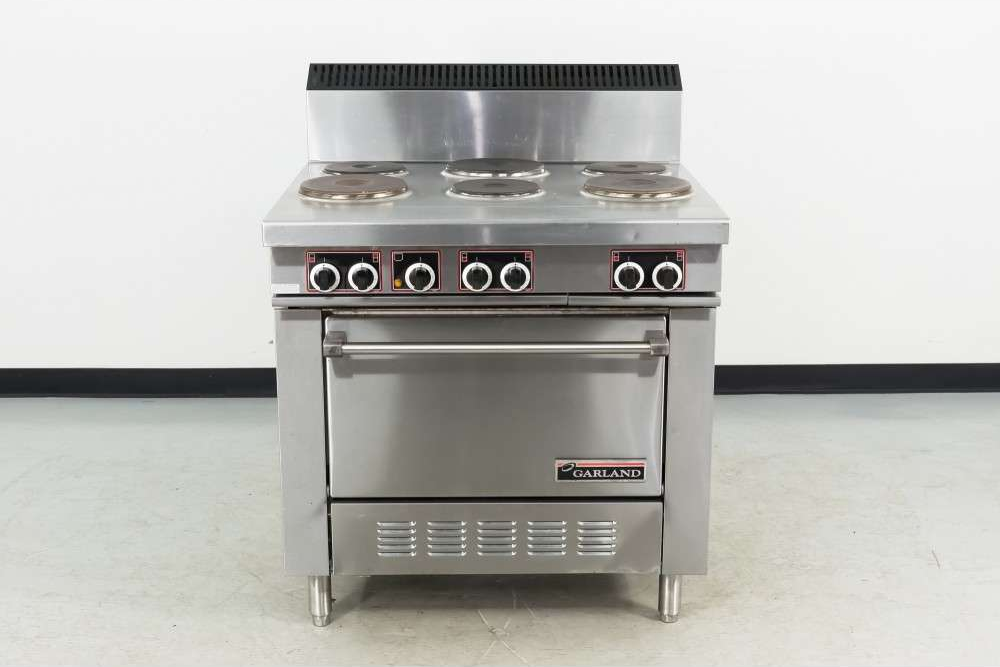
9 Crucial Steps To Take When You’re Facing Financial Crisis
The fear of being hit with a terrible incident that could change your financial condition, such as losing your job, a sudden medical emergency, or impoverishment, can be overwhelming to anyone. Such miserable events need you to make significant changes in your life, and the revitalization period is incredibly a stressful one. Mostly, it is the result of a lot of inconsequential constant worries building up to one massive breaking point. Then suddenly, everything rushes through, forming a tidal wave of fear, anxiety, and stress.
Nonetheless, your financial Crisis can be reversed by regaining your self-control and taking solid actions. The financial benefits of dealing with financial crisis-paying down debt, saving more- will promote not just your self-confidence, but your overall mood as well. The less you are concerned about dealing with financial crises, the more you can enjoy life. You may consider your circumstances as unique: however, many people around the globe have walked this path before you. The road to financial remedy is shabby, but the steps to return after the financial disaster are well proven. So let us get started with some useful tips that will assist you in getting motivated to take control of your finances when you are facing a crisis.
Identify the problems
The first step to reversing the Financial Crisis is to identify the primary issue that is causing difficulties. Financial challenges are generally a sign of a larger problem, and to come up with long-run solutions, you need to identify the real cause of your financial woes. The concept behind the significance of uncovering a particular problem is to develop a permanent solution. Similar to a leaky tap in the house, placing a bucket below the tap is a temporary solution. But if you fix the tap, the leak will permanently stop. Instead of dwelling on your stress, center on resolving the issue, which is resulting in financial problems.
Eliminate the non-essentials
Paring down your budget means making difficult decisions. What you need to eliminate may not be obvious. For example, you might be used to coloring your hair that it feels like an essential cost. Or maybe your child has been involved in a soccer league for three years, and you could not imagine pulling him out. But it is essential to ask yourself if the expense is necessary for your survival. Or you can get by without it.
A dedicated budget only consists of necessities- things such as medical expenses, water, electricity, shelter, and food. It should also cover financial obligations since defaulting on a student loan or tax bill, for instance, can lead to garnished wages. The extent of your financial crisis will determine how strict you have to be about your budget cuts. Passive income streams or robust savings might enable you to cut your spending while keeping a few luxuries.
Pause subscriptions and service contracts
Cutting costs from your budget might seem more trouble than it is worth if you are locked in a contract with a huge cancellation fee. Luckily, you do not have to permanently cust some expenses. You might be able to pause, let say, your cable and internet service for some amount of time instead of canceling. Then you can restart your service later when your financial situation is back on track. Even though you are stuck in a contract, you may have this option. If you are billed monthly for any kind of subscription service, ask your provider if you can temporarily pause payments.
Halt extra debt payments
Funneling some extra cash towards debt- whether you are taking the snowball or avalanche approach- is often a smart money move. However, when you are in a place of financial uncertainty, and you require your cash to stretch, contemplate putting your debt repayment plan on hiatus. Keep on making minimum payments as they come due; however, refrain from paying extra for the time being. Contemplate this as a temporary money-saving measure, and go back to making those additional payments when your situation is more stable.
Reduce spending on the necessities
Simply because an expense is necessary, it does not mean you cannot find ways to pay less. Try to save cash on groceries by using coupons, eliminating convenience foods, and purchasing store brand products over the name brand. Reduce utility costs by minimizing usage—lower transaction expenses by saving on gas. Try a prescription discount card to find less expensive prices for your medications. Use a magnifying glass to all your essential expenses, and then brainstorm how you can cut down your spending.
Ask financial institutions, creditors, and others for help
Various United States banks have responded to the coronavirus pandemic by providing financial aid. Some have waived or lowered charges. Others sent out statements asking clients to reach them for assistance on a case-by-case basis. When you are in the midst of a problem that is preventing you from making bill payments or putting you in danger of over-drafting on your account, contact your lenders, landlord, financial institutions, and service providers to see if they offer any hardship assistance. That could look like waived fees, adjusting your payment schedule or credit limit increase. The United Way’s 211 helpline is an excellent place to start if you require essential needs like food or housing. Amid the coronavirus outbreak, 211 is assisting individuals across the country who are suffering from lost wages as a result of business closures, event cancellations, and quarantines.
Lower your debt payments
Based on your situation, you may not have enough cash justify after covering your necessary bills for a credit card or loan payments. If that is the case, do not panic- you have several options! Contact your credit card organizations and request for a lower interest rate. You could also check balance transfer cards to take advantage of a zero percent introductory interest rate. And if you have a student loan, reach out to your loan servicer or log into your online account to reduce your payments. An income-driven repayment program will have a monthly payment based on your income. If you lost your job, your student loan payment could be eliminated or reduced.
Take it one day at a time
A financial crisis can leave you feeling out of control. Till your situation calms down, it is essential to take it one day at a time. Check-in on your finances frequently. Once a day is smart, however, review your budget at least once a week to ensure you are on track. Evaluate your expenses and only spend when it is absolutely necessary. You might miss out on shopping trips, Netflix, subscription, and Netflix, and that is okay. Remember, you will not face a crisis forever. Eventually, your situation will improve, and you will feel like you can breathe again.
Develop a plan and track progress
After you have ideas to manage your financial challenges, come up with a realistic program to achieve your financial goals with a timeline of months, weeks, or years and track your progress continuously. For instance, if your goal is to pay off a $3,000 debt, make a plan, and design a timeline with the amount of cash you will pay each month so that you can pay it off within your inclined time frame. After you are on the road to attaining it, take a few minutes to assess the progress. Evaluate and review your plan; see if you are making progress toward your objective and open to the possibility of fine-tuning the program.
Unforeseen financial challenge is like uninvited visitors and can strike at the most unfortunate times. The key to overcoming these financial challenges is to be flexible. Make and assess your budget and make the necessary changes.












